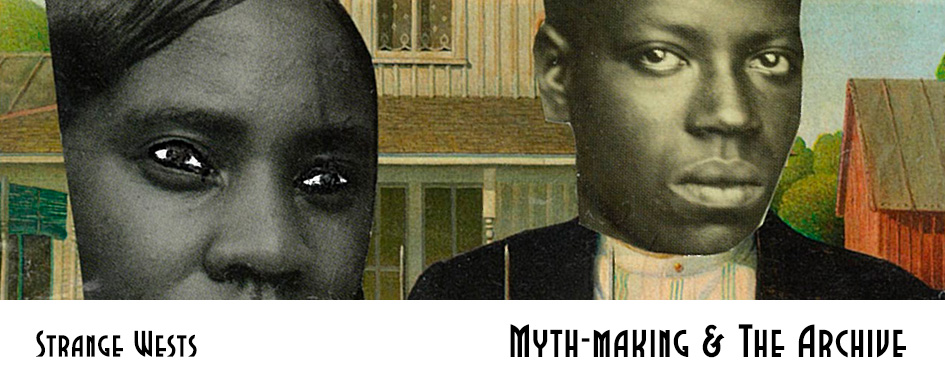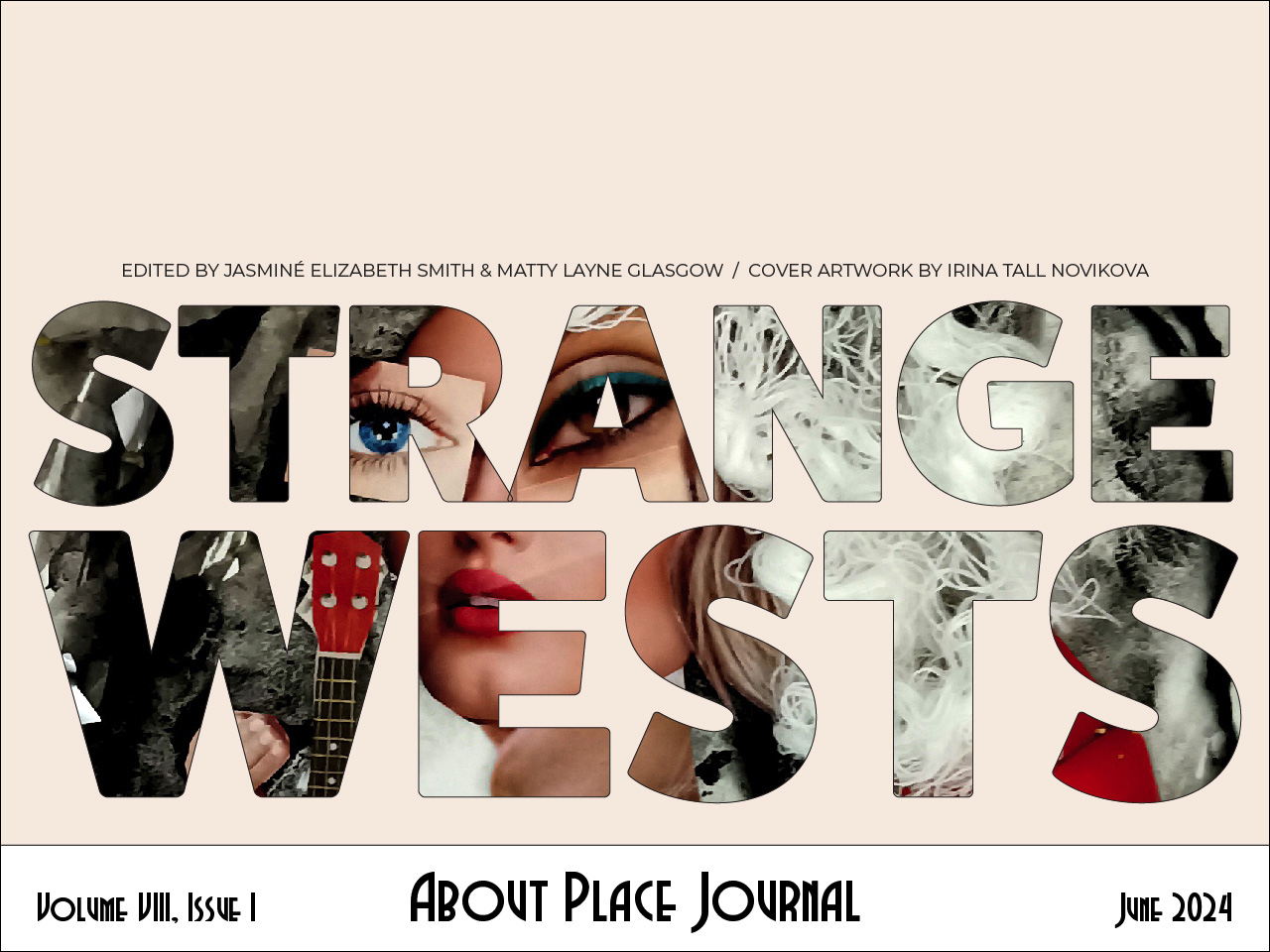In 1993 Brandon Teena, a trans man from Lincoln, NE, was murdered by his rapist and an accomplice in Humboldt, NE. Also murdered that night were Phillip DeVine and Lisa Lambert.
buried beneath the wrong name.
I drive past that deceit to the prairie
where orb spiders hang from the bluestem
and a one room school house juts into the horizon.
Where trees grow, bluebirds fly
from branch to branch like little scarves
and cardinals are small red flags
each winter contrasting with the snow.
You never forget though, living here
about the bones beneath everything
how arrowheads glimmer in the gravel
north where the terrain changes to sandhills.
At times, I travel to the Platte River’s bends
and the shallows where cranes roost
passing through this state.
I’m here, with my roots
now drinking from the aquifer
as the birds leave again and again.


